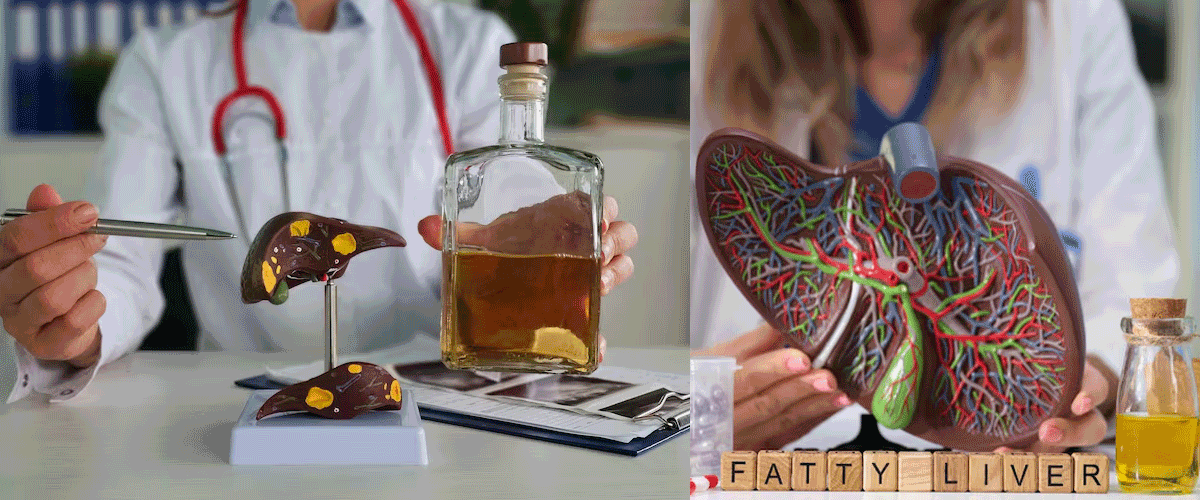(An Autonomous Body Recognized by Ministry of Commerce & Industry, Government of India)
Competency based placement focussed Education | Training | Research | Consultancy

A safe, cheap vitamin shows promise in Fatty liver
Metabolic-associated fatty liver disease (MASLD) affects nearly one-third of the global population, yet no targeted treatments currently exist. Now, researchers have identified a genetic driver of the disease and discovered that niacin (vitamin B3), an FDA-approved drug, may effectively counter it.
The study highlights the role of microRNA-93 (miR-93), a small RNA molecule highly expressed in liver cells. Elevated miR-93 levels were observed in both patients and animal models, where it promoted fat buildup, inflammation and fibrosis by blocking SIRT1, a gene critical for lipid metabolism. When researchers deleted miR-93 in mice, liver fat dropped and insulin sensitivity improved, while excess miR-93 worsened disease.
Screening 150 existing drugs revealed that niacin strongly suppressed miR-93, restored SIRT1 activity, and normalized lipid metabolism in mice. As niacin is already widely used and safe, it may represent a promising therapy for MASLD, either alone or in combination with other treatments.
27-09-2025
📰 Recent News
- High-Fat Diets May Rewire Liver Cells, Raising Cancer Risk
- Time-Restricted Eating Alone Shows No Metabolic Benefit, Study Finds
- Maternal Emulsifier Intake May Alter Offspring Gut Health, Mouse Study Finds
- Broader Obesity Criteria Reveal Hidden Health Risks in US Adults
- YumYum Enters High-Protein Snacking Space with SNACKiT
- Winter Consumption Pushes Egg Prices Sharply Higher
- Human Rights Panel Flags Sale of Substandard Milk and Paneer in Chandigarh
- Ancient Khapli Wheat Finds New Favour Among Urban Health Seekers
- Global Study Reveals the Most Effective Foods for Hangover Recovery
- Eating vitamin C-rich foods can significantly improve skin health

